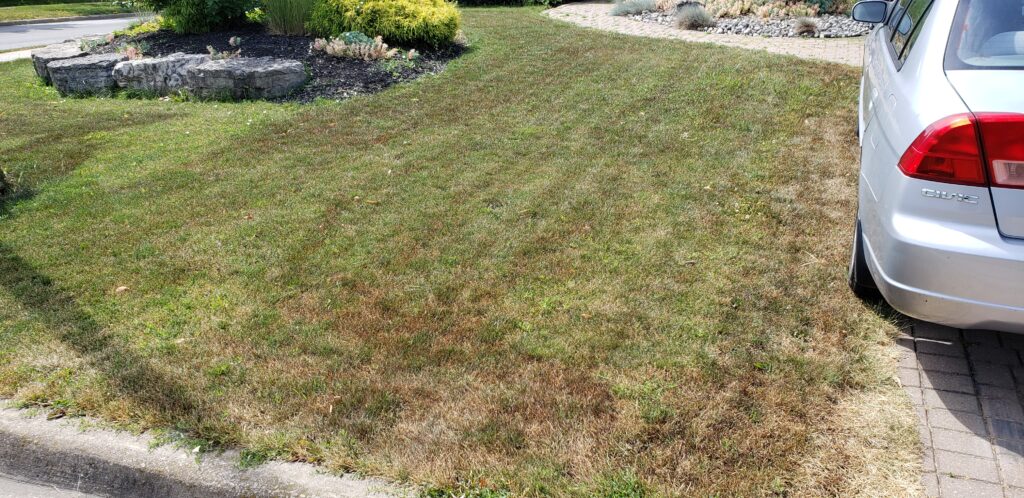As a lawn care professional with over 42 years of experience, I have seen firsthand the negative impacts that chemical fertilizers and pesticides can have on our lawns, our health, and the environment. From the destruction of vital soil biology to the pollution of our water sources, the consequences of conventional lawn care practices are far-reaching and often devastating.

But it’s not just the lawn care industry that is to blame. Consumers, too, play a role in perpetuating these harmful practices. For years, they have been sold the idea that fertilizers and pesticides are necessary for a lush, green lawn. Companies like Scott’s have spent millions on marketing campaigns and sponsorships, further cementing this belief in the minds of the public.
The truth, however, is that a healthy lawn does not require chemical inputs. In fact, these inputs can do more harm than good. Organic fertilizers and regenerative practices that focus on soil health can lead to lawns that are better able to resist pests and diseases, ultimately reducing the need for chemical pesticides and fertilizers. Additionally, regenerative lawn care practices can improve the overall health of the soil, resulting in more resilient lawns that can withstand extreme weather conditions.
But it’s not just about the health of the lawn. It’s also about the health of our families and the environment. Chemical fertilizers and pesticides can have negative impacts on human health, from respiratory issues to cancer. And when these chemicals wash off into our streams and lakes, they can lead to “dead zones” and other environmental disasters.
That’s why it’s so important to educate consumers about the true costs of conventional lawn care practices and the benefits of more natural and regenerative methods. By encouraging informed decisions, we can help to create a more sustainable future for our lawns, our health, and the planet.
P.S. Keep in mind that this blog is just an introduction, but also it’s important to do your own research, and consider the long-term health of your lawn, your family, and the environment when making decisions about lawn care. With the right knowledge and approach, we can all be the super heroes of our lawns and the environment